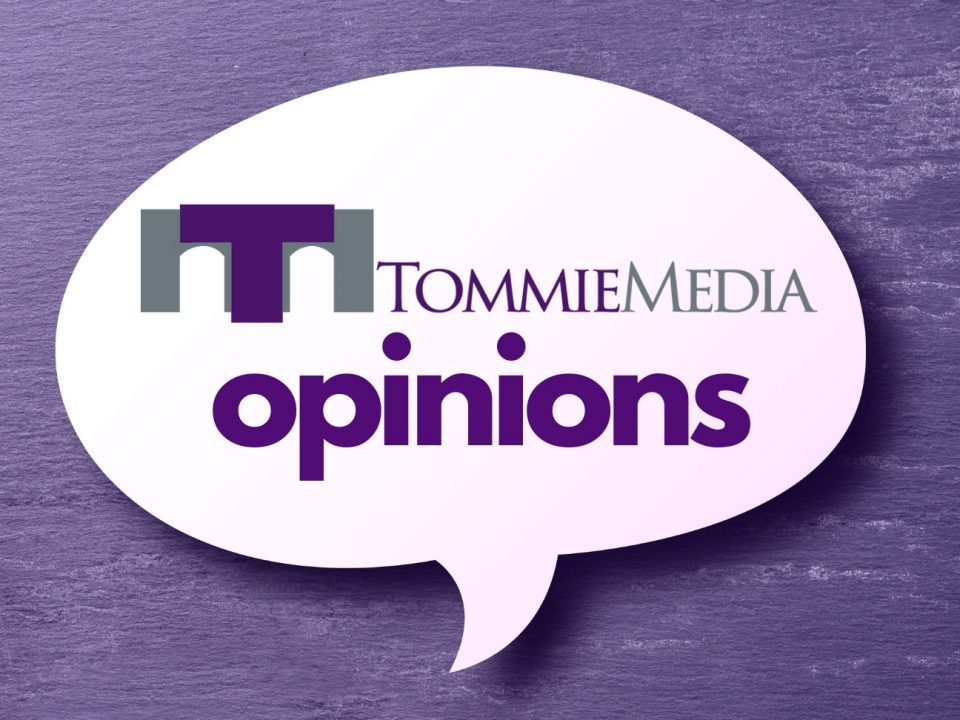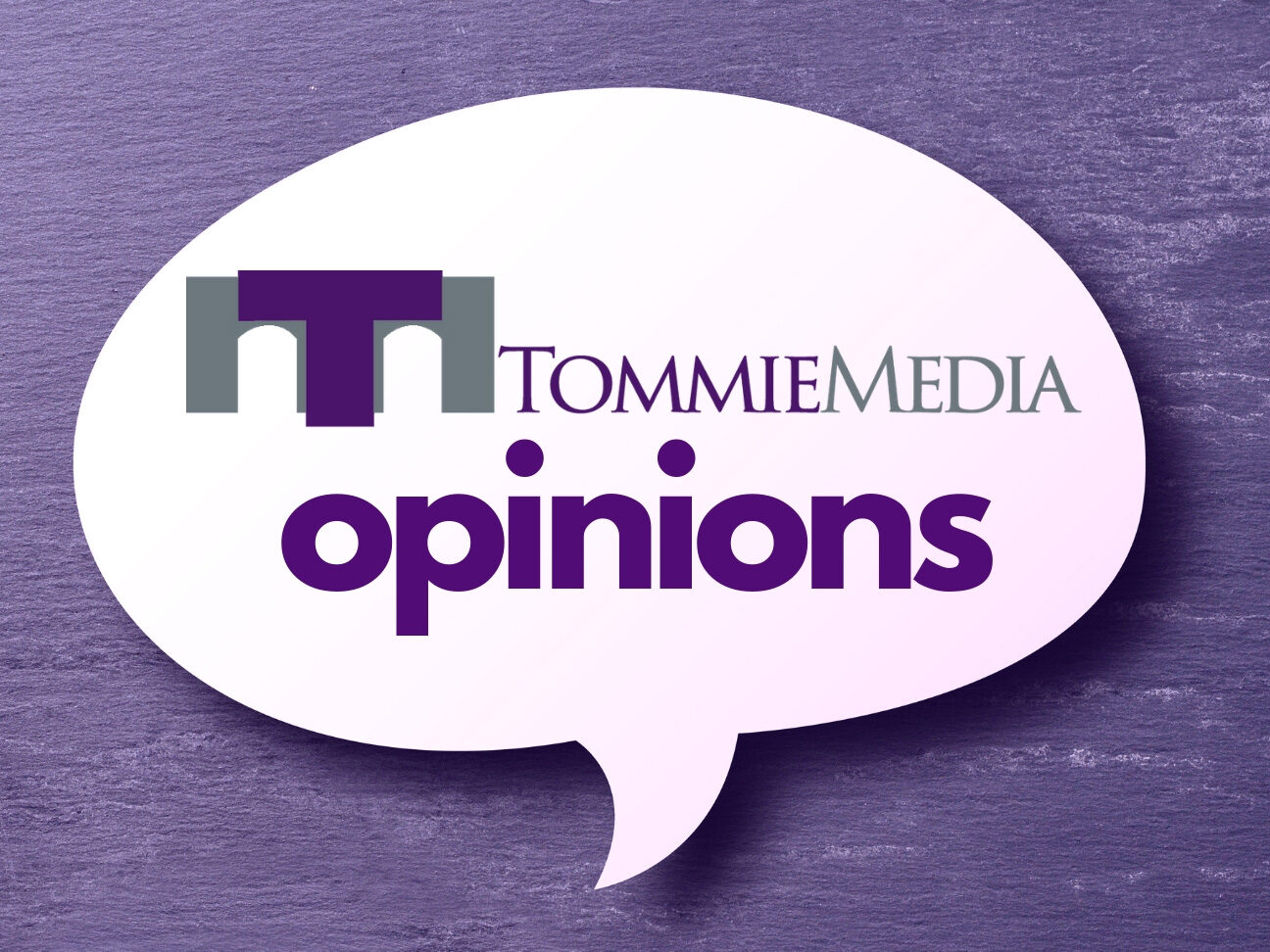
The name Harvey Weinstein sends a slimy shudder down my spine. His case reaffirmed why my mom told me to never leave my drink unattended at a party, why my classmates created code words for when a man makes them uncomfortable at the bar, and why my friend calls her parents whenever she walks home from work at night.
These little tricks to avoid sexual assault were so ingrained in my head that I didn’t realize it shouldn’t be that way until a male friend asked me why I get nervous to walk alone at night. I didn’t know anyone could do that without clutching their key in their fist and keeping an eye out for possible escape routes.
His question speaks to a deeper reality in today’s society: Sexual assault isn’t on the radar. With Weinstein’s conviction, that reality could finally be changing.
On Feb. 24, Weinstein was found guilty of a criminal sex act in the first degree and rape in the third degree. He could spend up to 29 years in prison, and that sentence comes from just a portion of the charges against him. The jury acquitted him of two counts of predatory sexual assault and one count of rape in the first degree.
Even though only two of the 80 accusers will receive justice, the conviction is an important one. The two women that prosecutors chose as the main accusers had engaged in consensual sex with Weinstein in addition to being coerced.
Such tangled cases usually scare away prosecutors looking for an easy guilty verdict because our society has struggled with the definition of consent, especially in the context of two acquaintances.
It doesn’t matter if it’s a stranger, friend or boss. Rape is rape.
And it’s assuring to see that the jury respected these truths. Hopefully, the decision will set a precedent for similar cases.
The conviction is also a full circle moment for the ‘me too.’ Movement. Weinstein’s case played a large role in propelling the movement into the national sphere. Ten days after The New York Times exposed the allegations against Weinstein of decades of sexual harassment, the hashtag went viral.
Tarana Burke, the creator of the movement, released a statement on the day of the verdict, reflecting:
“Harvey Weinstein operated with impunity and without remorse for decades in Hollywood. Yet, it still took years, and millions of voices raised, for one man to be held accountable by the justice system … And, though today a man has been found guilty, we have to wonder whether anyone will care about the rest of us tomorrow. This is why we say MeToo.”
When Burke spoke on campus March 3 for Women’s History Month, she mentioned the privilege positions of power have and the vulnerability of those without.
The power disparity prolonged Weinstein’s reign of terror. His victims were afraid to come forward with their accusations in case it would ruin their careers and futures in Hollywood. He had friends among the Hollywood elite and even world leaders, while his victims were farmers’ daughters and aspiring actresses.
But the same power dynamic exists outside of Hollywood and big name cases. The 2017 National Crime Victimization Survey by the Bureau of Justice Statistics found that the amount of sexual assaults or rapes for Americans with household incomes below $7,500 were 12 times higher than those with household incomes over $75,000.
If it’s hard for prominent celebrities like Ashley Judd, Gwyneth Paltrow and Salma Hayek to come forward and ask for justice, imagine the plight of the disadvantaged.
So how do we empower the powerless? The best ways are through education and support. Victims need to know their options after abuse and how to take advantage of them. We have to be open to hearing their stories, and we have to provide them the safety to do so, rather than fall into the victim-blaming that Weinstein’s defense team resorted to.
When my male friend asked me why I’m uncomfortable walking alone at night, I realized that society needed a reset on how we view sexual assault, a mindset prevalent throughout the Weinstein case.
First, it shouldn’t be the victim’s responsibility to protect his or herself from sexual assault. Society should teach that it’s not OK to sexually assault.
Second, 80 victims shouldn’t have to come forward against one man for two of them to receive justice. Society needs to end the victim-blaming.
Finally, in the words of Tarana Burke, “sexual violence thrives on unchecked power and privilege.” Society needs to hold abusers accountable.
While there is still a lot of progress to be made, we can’t discount the power of this verdict. There is one less abuser in the free world, and hopefully this is just the start.
Kayla Mayer can be reached at maye8518@stthomas.edu.



